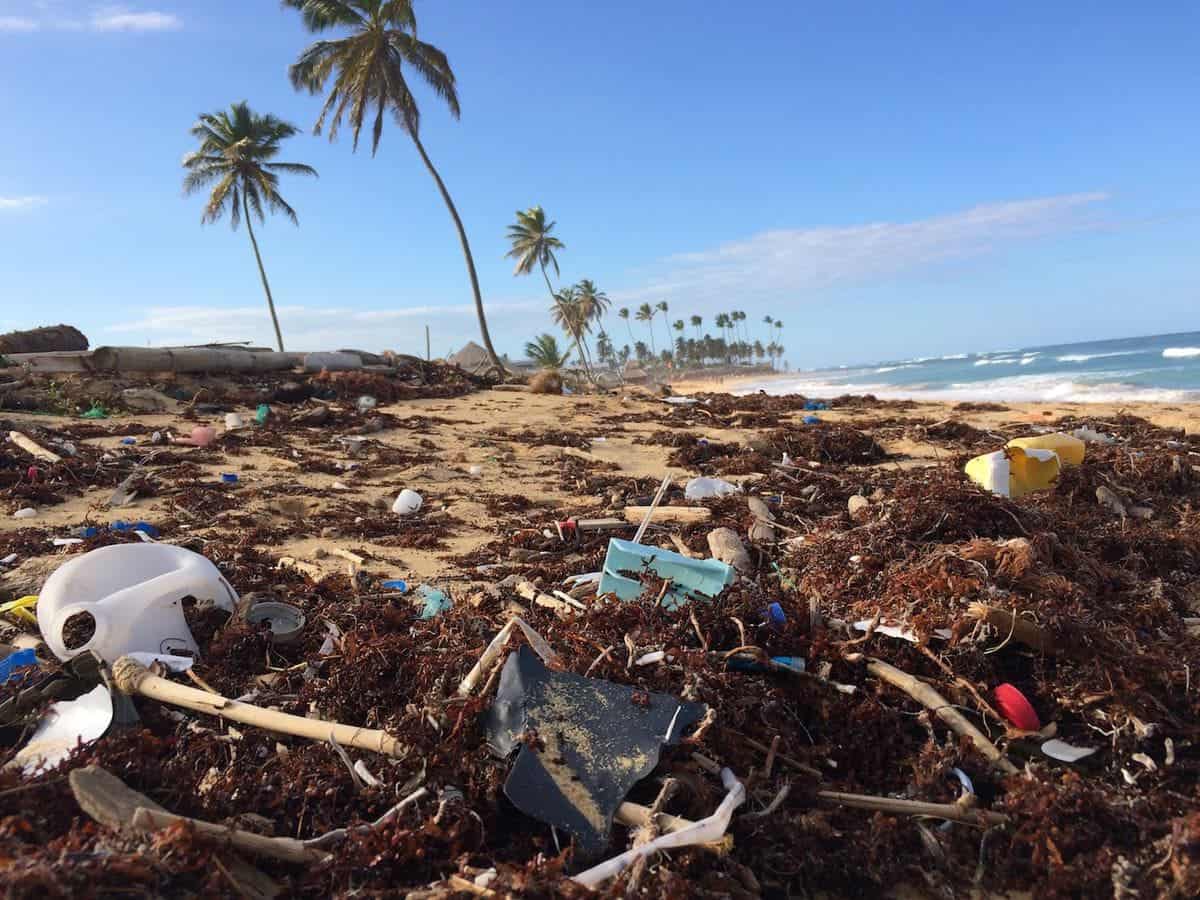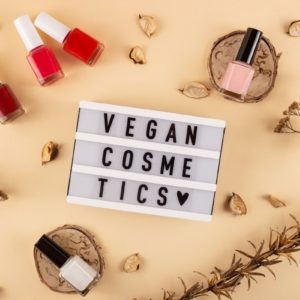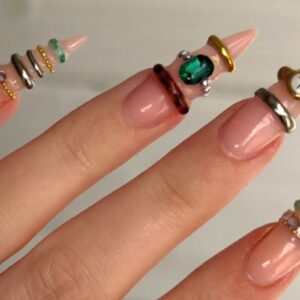Why should the beauty industry care about waste?
By Sophie Nutt | 22 April 2019 | Expert Advice, Feature, Sustainability & the Environment

Our TV screens, social feeds and browsers are increasingly flooded with images of beaches, oceans, animals and extreme climates affected by litter, particularly plastics. Many companies are ‘doing their bit’ by re-evaluating packaging and processes, however this is only the tip of the iceberg if we want to dramatically reduce our impact on the environment.
Awareness of sustainability within the beauty industry is continuing to escalate amongst brands, manufacturers and consumers alike. Companies are beginning to make strides, but the question persists as to what the individual can do to improve their sustainability and why they should bother to lesser their waste levels.
What does ‘sustainable’ actually mean?
According to the Cambridge Dictionary, being sustainable in the context of the environment means, “Causing little or no damage to the environment and therefore able to continue for a long time.”
Similarly, the online dictionary defines sustainability as, “the quality of not being harmful to the environment or depleting natural resources and thereby supporting long-term ecological balance.”
Rising concern
Annual awareness campaign, Zero Waste Week, reports more than 120 billion units of packaging are produced every year by the global cosmetics industry. With public awareness of the plastic waste crisis at an all-time high, people are beginning to demand more environmentally friendly products, with 84% of people expressing concerns about the amount of waste produced by the beauty industry and over a third of consumers voicing concern over the effects of such waste.
Brand spotlight: iiaa making the moves towards a safer planet
David Alpert, managing director of iiaa, has taken active changes to the packaging production of one of the company’s brands; Advanced Nutrition Programme in a bid to ensure the brand is synonymous with ethical and environmental practices. In 2017, David pioneered the elimination of plastic pots in favour of paper-based packaging and materials that are 100% recyclable, including using only vegetable inks for printing on Forest Stewardship Council (FSC) certified paper. The iiaa has built its own filling plant to complete these changes on site.
The business has also adopted initiatives such as having recyclable milk bottles delivered for staff, ridding rope handle bags made up of synthetic plastic in favour of real biodegradable rope and ensuring all company cars are electric by 2023, with a focus to install electric charging points in the car park. As well as this, the Advanced Nutrition Programme has employed an in-house ‘green team’ that specialises in looking into how the company can become ‘greener’ in their approach: every initiative gets passed through the team to be approved and signed off in order to be put into practice.
While certain companies stand in solidarity to tackle beauty waste and promote sustainability, there is so much more that can be done to make our industry a lot kinder to the environment. While this article only highlights a slither of the gigantic issue surrounding sustainability, Scratch is committed to delving deeper into the topic and will be uncovering what we can do as individuals every day to help fight our war with waste in upcoming months of the magazine.

Read the latest issue










